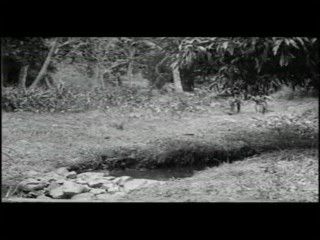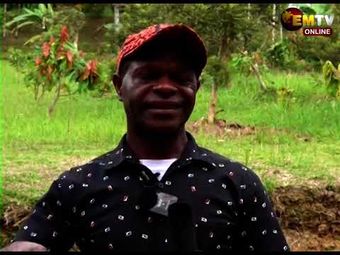Connect with Colorado State University. Libraries
Contact this content partner to get more information about this item.
"We flow like water": contemporary livelihoods and the partitioning of the self among the Chamorro of Guam
- Description:
- The Chamorros of Guam have experienced colonially-influenced change on spatial and temporal scales for nearly four-hundred and fifty years. They are continuously redefining their identity with respect to these changes, and within the power related discourses of colonialism. The adoption of a colonial understanding of "tradition" has alienated Ch...
- Display date:
- 2015
- Format:
- text
- Collections:
- Digital Public Library of America
- Contributors:
- Colorado State University. Libraries
- Content partner:
- Colorado State University. Libraries
- Availability:
- Not specified
-
Copyright status: All rights reservedFind out more about what you are able to do with this itemThis item is all rights reserved, with means you'll have to get permission from Colorado State University. Libraries before using it. For more information, please see our use and reuse page.More informationYou can learn more about the rights status of this item at: http://rightsstatements.org/vocab/InC/1.0/What can I do with this item?Non-infringing useNZ copyright law does not prevent every use of a copyright work, and this item may be hosted by an international institute or organisation. You should consider what you can and cannot do with a copyright work.No sharingYou may not copy and/or share this item with others without further permission. This includes posting it on your blog, using it in a presentation, or any other public use.No modifyingYou are not allowed to adapt or remix this item into any other works.No commercial useYou may not use this item commercially.
Welcome and warm Pasifik greetings
The information on this site has been gathered from our content partners.
The names, terms, and labels that we present on the site may contain images or voices of deceased persons and may also reflect the bias, norms, and perspective of the period of time in which they were created. We accept that these may not be appropriate today.
If you have any concerns or questions about an item, please contact us.


